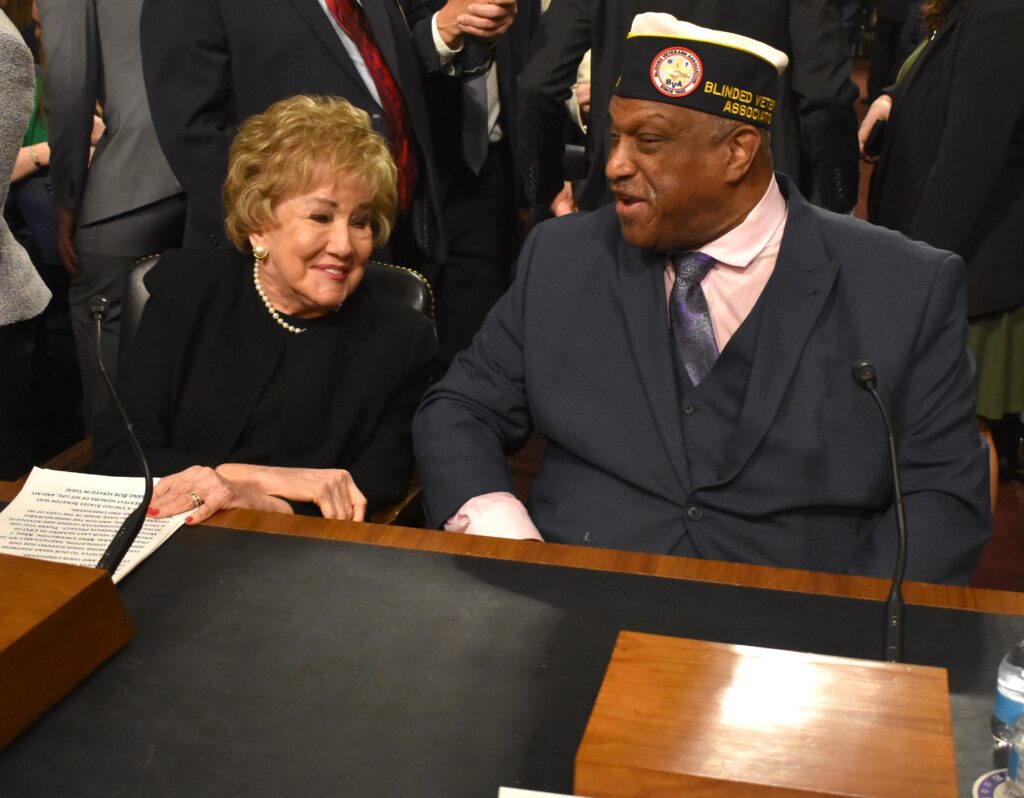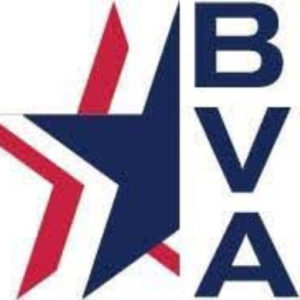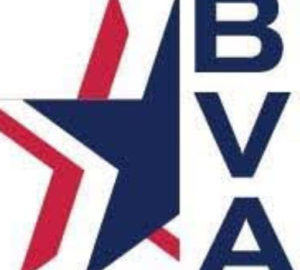
National President Paul Mimms was in the Nation’s Capital this week to deliver BVA’s oral testimony during a packed session of the House and Senate Committees on Veterans Affairs that included testimony from nine other organizations that serve and support service members, veterans, and their families. BVA’s Congressional Charter makes this privilege possible.
In representing blind and low vision veterans, Paul directed his remarks to critical issues affecting them, the overarching priority being the establishment of a Veterans Advisory Committee charged with overseeing equal access by blind and low vision veterans to their earned benefits. Also discussed during our five minutes were the issues of continued funding for blind and low vision veterans, keeping optometrists from performing invasive medical procedures, and support for women veterans.
BVA also submits an annual written testimony document that provides Congress with critical details that the limited oral testimony does not allow. This year’s document speaks to overseeing compliance with Department of Veterans Affairs (VA) transportation services, providing funding for VA Blind Rehabilitation Service, enhancing caregiver program clinical standards, enacting protections for guide and service dogs, safeguarding ocular clinical standards of care, and supporting vision research funding. This testimony gives BVA the ability to speak directly to Congress and advance a broader message from which the Association can build throughout the year.
Both versions of the testimony, oral and written, are assembled by examining the needs of blind and low vision veterans and the shortcomings of current legislation and allocation of resources. Whether stressing the need for additional VA oversight, allocating even more resources to the Department, or speaking to the effectiveness of existing programs, Congress needs to hear directly from BVA in order to understand what must be addressed.
For example, in the case of the Veterans Advisory Committee that BVA now champions, the testimony addresses the inaccessibility of VA websites and past non-responsiveness to previous efforts to correct this shortcoming. By educating Congress in this manner, the rationale for our petitions becomes clear. Conversely, Congress cannot address issues for which there is insufficient information available or for which we have not been thorough in our advocacy efforts. Our annual testimony gives us the perfect opportunity to ensure against the latter.
The value of BVA’s annual testimony cannot be understated. Even so, the testimony is still not the only opportunity for BVA and its members to engage with Congress. Be on the lookout for a tool that we will introduce shortly that will allow BVA constituents and stakeholders to support the organization’s efforts in this manner! In the meantime, to enjoy a YouTube video of the oral testimony, click here. To read the annual written testimony, click here.


